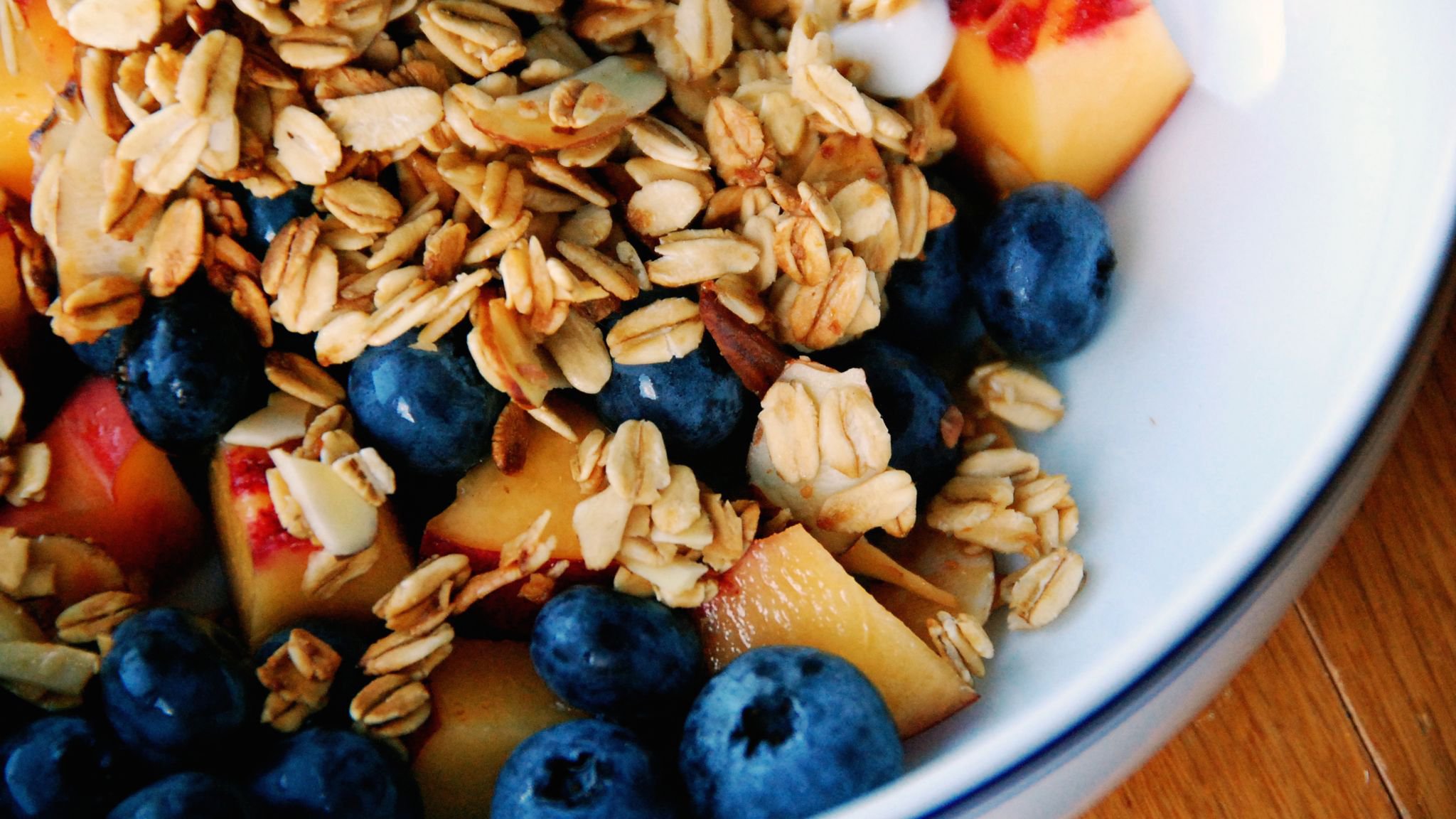Sixth Taste on Our Tongues May Unleash Our Energy Reserves
Recently, scientists have been learning that the near-instant energy burst of something sweet may not come from our stomachs, but our tongues.

If you think a quick carb hit will boost your energy during a workout, your tongue is way ahead of you.
Lots of people rely on sugar as a quick source of energy. Just sipping on Gatorade can be enough to lift you out of a slump. Except it shouldn’t be, at least not directly. Your body won’t actually start using that glucose for energy until after you’ve been exercising for about an hour.
Recently scientists have been learning that the near-instant energy burst may not come from our stomachs, but our tongues. A 2004 study showed that intravenously-injected carbohydrates didn’t help cyclists complete a 1-hour time trial any faster, but, amazingly, just rinsing their mouths with a carbohydrate solution did. Since then, evidence has been piling up that the immediate energy jolt we get from sugar and carbs has more to do with our senses than with digestion.
Now, a new study from the University of Auckland researcher Dr. Nicholas Gant shows what happens in the brain when you combine physical activity with a tongue that’s tasting carbohydrates.
Gant and his colleagues used fMRI to watch how people’s brains responded when they performed a simple motor task—gripping a sensor when they saw a visual cue—while having their mouths rinsed with various solutions. One portion of the subjects received a carbohydrate solution consisting of maltodextrin.
Ian Randall, writing for Science :
When the carbohydrate solution was used, the researchers observed a 30% increase in activity for the brain areas that control movement and vision . This reaction, they propose, is caused by our mouths reporting that additional energy in the form of carbs is coming.
The tongue, apparently, tastes the carbohydrates and signals the brain to rev up motor function. It knows the body will be getting extra energy to replenish the reserves once the sugars are processed. It wasn’t just a sweet taste that triggered the rush of energy either. Swishing with an artificially-sweetened liquid had no effect. Plus, the brain’s reward centers only lit up when the tongue sensed real carbohydrates, not artificial sweeteners. These findings suggest that the presence of carbohydrates triggers a sixth taste in addition to the existing five—sweet, salty, sour, bitter, and umami.
Other studies had shown that carb-on-tongue action increased performance in endurance sports (like riding a bike for an hour), and that it seemed to prompt activity in areas of the brain associated with motor control. But Gant’s study is the first to link carbohydrate exposure on the tongue with increased brain performance during a physical task, helping to explain just how an energy bar can boost your 5k time before its sugars ever reach your muscles.
Learn more about the neuroscience of taste in "Can I Eat That?"
Photo credit: Melissa/Flickr (CC BY-NC-SA)